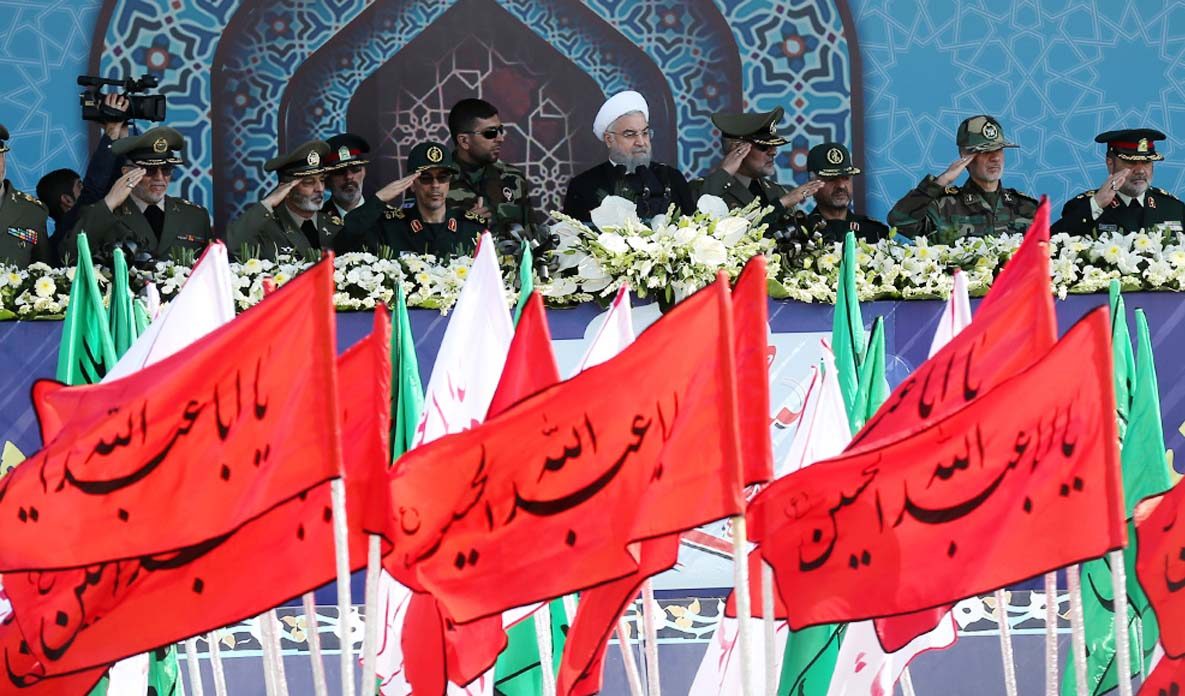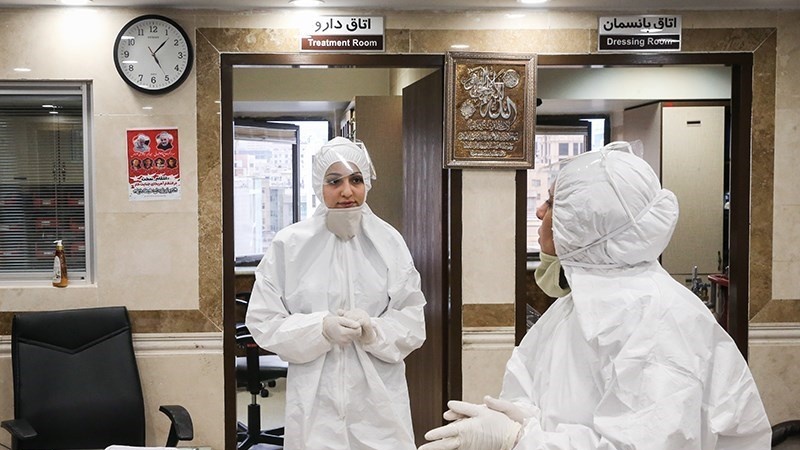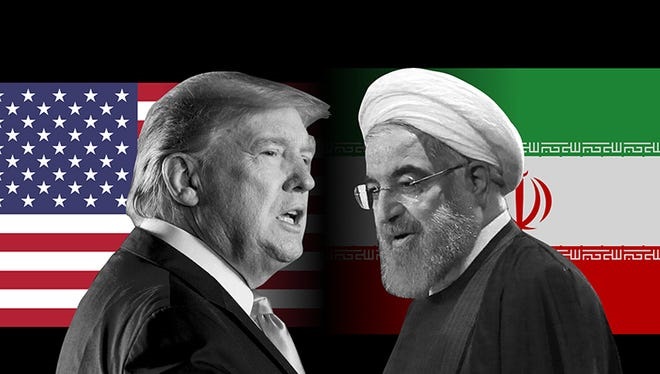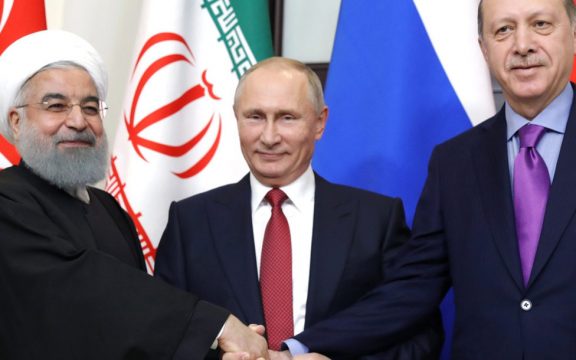Iranians are celebrating the Sacred Defense Week, this year held on 22-27 September 2020, to commemorate the sacrifices of Iranians during one the most phenomenal armed conflicts in the history breaking out more than three decades ago.
The article reflects and pictures briefly on how that event meant in the eyes of common/everyday-life Iranian as well as its historical back ground, trauma, nationalism and the concept of defense. Further-more, the article is also written in relations to the 75th Indonesian Army Day, which is celebrated and commemorated by Indonesians on every 5th October. The article also tries to identify on how ideally the sentiment /lessons-learned can be best optimized for development of every nation on earth. The keywords here, therefore, are: defense, nationalism, development.
The Sacred Defense Week is referring to commemoration of the eight-year Iran-Iraq War (1980-1988). The conflict began with the Iraq’s formal declaration of war on September 22 1980, followed by its troop’ movement into Iran’ territory, and ended on 20 August 1988, when Iran accepted a UN-brokered ceasefire.
During the war, at the very least half a million and possibly twice as many troops were killed on both sides, at least half a million became permanent invalids. It also caused financial loss/damage of more than 400 billion US dollars, mostly to oil facilities and cities. These figures of loss and damage no doubt leave markedly altogether trauma, sense of sacrifices but pride and joy at the same time, along with other lessons-learned, even until today.
The term ‘Sacred Defense’ has meaning and interpretation on its own right. The very concept of ‘defense’ contextually refers to the act of defense against foreign forces invasion into Iran’ territory as mentioned above. Historically, the Iraqi invasion into Iran territory even at the early stages had faced strong and militant resistance from Iranians who were still in high spirit after the establishment of Islamic Republic just about one year earlier.
In addition and considering the regional political/security posture prior to or during the conflict at the time, the ‘Defense‘ concept might also serve as a symbol of unique resistance and perseverance of people against invasion/ conspiracies, as valuable experiences of that period to overcome difficulties and problems facing ahead of the country in various fields.
Asked currently about act of defense, many or a great number of Iranian youth confirmed their determination and are ready to ‘take arms’ against any invading enemy. On a recorded historical account as reminiscence, Captain Namaki of the then Bushehr Sixth Tactical Air Base, to name a few, just hours after the first enemy attack during the 1980-1988 war, wrote: “When the war started, we all became united in defending our motherland.” These sentiments reflect pure nationalism.
History, in a way also made a ‘positive push’ on national development in that bitter and painful experiences teach best lessons. And to sustain that, it needs constant reminder as the Sacred Defense Week does until present day. Now that Iran is facing a number of challenges, notably including that of COVID-19 pandemic, it needs that reminder more than ever to move on with further development in all aspects.
Indonesia are also appreciative of the Past. Indonesian has a proverb “JANGAN SEKALI-SEKALI MELUPAKAN SEJARAH’ which literally means “never-ever, even just-once, forget the past and history”. Coincidentally, in the coming days (5th October 2020), Indonesian will celebrate and commemorate its 75th National Army Day.
To conclude, the Sacred Defense Week, in all senses, has markedly reiterated and emphasized especially to Iranians that even bitter and painful experiences proved to be both motivating for the current/future development as well as reminder. In brief, history has been teaching well out of the past. Good past account/history should make a good drive and motivation while the other-wise should remind.
![Islami[dot]co](https://en.islami.co/wp-content/themes/jambualas/images/logo.png)



